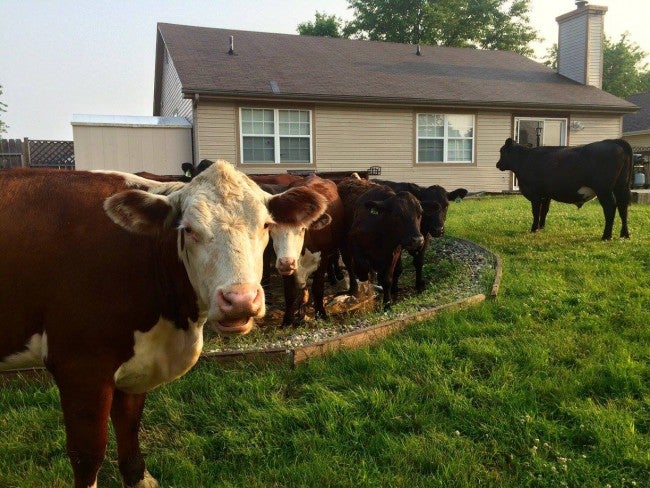What scientists are learning about COVID-19 from animals
INDIANAPOLIS (WISH) — Health experts say a vaccine is the world’s best hope to ending the coronavirus pandemic.
And while there are currently dozens of human clinical trials underway, other trials are enlisting animals. Some are house pets, some live in pastures, and others in tropical rain forests.
Ferrets
Ferrets are vulnerable to many respiratory illnesses found in humans, including lung cancer, cystic fibrosis and the novel coronavirus, thus making them great candidates for experimentation, scientists say.
Researchers now know ferrets can contract and transmit COVID-19. This has a lot to do with how the virus enters the body and attacks the lungs. The mechanism mirrors how COVID-19 attaches to human lungs, scientists say.
Scientists from the Commonwealth Scientific and Industrial Research Organization in Australia have started two pre-clinical trials to test a potential COVID-19 vaccine using the animal.
Monkeys
Scientists from The Jenner Institute at Oxford University began working on a coronavirus vaccine back in 2019. While it’s not for COVID-19, the virus responsible for this pandemic, it’s very similar.
The vaccine was tested at the National Institutes of Health’s Rocky Mountain Laboratory in Montana. Scientists injected six rhesus monkeys with the 2019 vaccine and then exposed them to the novel coronavirus. Less than a month later, all six monkeys showed no signs of COVID-19.
Cows
Researchers are also looking to cows in an effort to develop a treatment. Scientists at SAB Biotherapeutics in South Dakota, through genetic engineering, created an embryo that contains parts of human chromosomes. The embryo is then implanted into the cow.
The resulting calf then grows into what scientists call a genetically humanized cow. The only overlap between the cow and a person is a portion of their immune system.
The genetically humanized cows are then injected with COVID-19. The cow’s immune system — now similar to a person’s — would then attack the coronavirus. From there, scientists would look to see if the cows develop antibodies against it. The idea is that these antibodies would then be extracted from the cow’s blood and used as a drug to combat the coronavirus.
